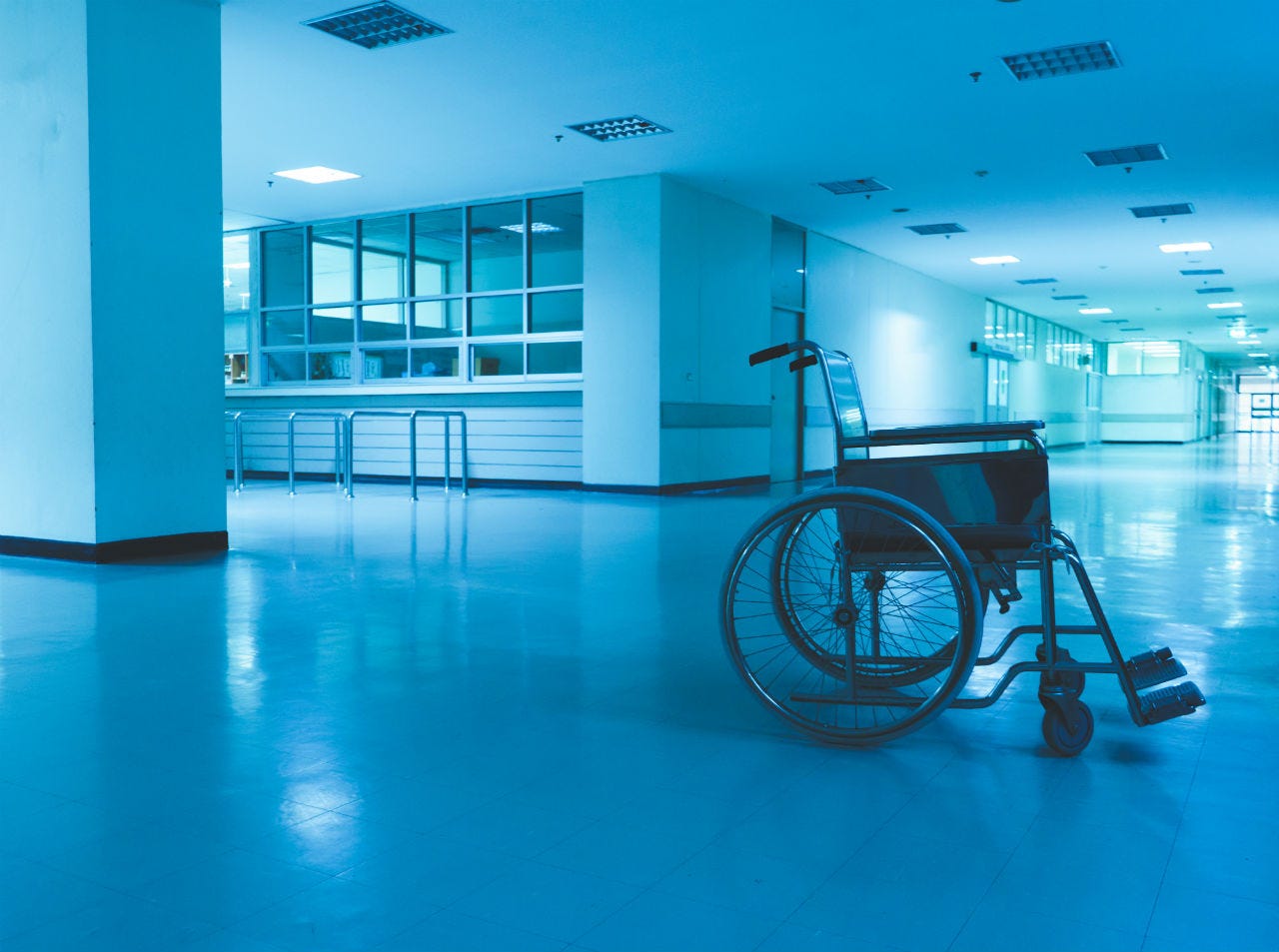
A recent article from the New York Times and Kaiser Health News reports that many U.S. nursing homes are short staffed on weekends.
Prior to the Affordable Care Act, nursing homes were at liberty to staff up before scheduled inspections, thus gaming the system in an attempt to procure the highest ratings.
The new CMS reporting requirement involves nursing homes submitting actual payroll records, which shows how many registered nurses, licensed nurses and aides actually are employed and working at any given time. Unsurprisingly, the data reveals what many of us fear: some nursing homes are indeed short staffed, which leads to delays in care, increases in hospital transfers, and overall worse outcomes.
As one nursing home resident related, because of his stroke, he needs daily assistance with dressing. On weekends, when there are fewer aides, he’s forced to roam the halls looking for help.The article states, “‘Especially on weekends,’ he said, ‘it’s almost like a ghost town.’”
Things Can Slow to a Crawl
It comes as no surprise to anyone who has ever worked in or been a patient in a hospital on a weekend:
Need a diagnostic test like an ultrasound? Good luck with that.
How about an interventional radiology procedure? Fat chance.
What about an endoscopy or a surgery? No way, short of an emergency situation.
I like weekends as much as you. But it has never made any sense to me that 29% of the time (43% on holiday weekends!) we aren’t able to treat patients in a business-as-usual fashion.
Think about it: Patients are parked in the hospital for 1–3 extra days because we aren’t able to finish their diagnostic workup or fully initiate their treatment plan. Why would we keep anyone there longer than absolutely necessary?
Even from a financial perspective, it does not make business sense to close up shop on weekends. Hospitals are paid under a DRG system, which means they receive a lump sum payment for the patient’s admission based on an admitting diagnostic code. Every additional hospital day eats away at those earnings.
Fine, you say. Those do-nothing hospital days don’t cost all that much, relative to the high costs of staffing up all personnel that would be required to run operating and radiology suites. And, you tell me, it’s a seller’s market with regard to ultrasound technologists.
All true.
Meanwhile, other industries have figured out how to optimize scheduling such that when demand surges, the business model is capable of increasing its supply.
People fly on weekends, right? We health care folks always compare ourselves to the airline industry —so if they can figure out how to schedule pilots to fly weekend routes, certainly there are some doctors who will be willing to work weekends in exchange for some weekdays off, right?
I like to shop on weekends, too. What if the stores I shop at simply told me to come back on Monday? I’d take my business elsewhere.
There are tools for these types of scheduling. Think about decompressing the crowded Monday operating room schedules and spreading some of the overload to Fridays and weekends. It can’t be that hard.
Besides, so many of us are now employees rather than employers or private contractors, that the entities that employ us could simply decide to make it so.
Frankly, I’m surprised they haven’t already.
Then there’s our frustrated patients. What kind of patient-centeredness keeps people in the hospital longer than they need to be? Why aren’t patients demanding weekend service when they can get it anywhere else in the economy? What makes health care so special?
If we really offered our patients (the ‘consumers’) a choice, they’d vote with their feet and their wallets and pick the places that offered the best/widest array of services.
Then again, the whole idea of consumer-driven health care is a canard. But that’s a topic for another column.
Dr. John Henning Schumann is an internist and a 2018–2019 Doximity Author.







